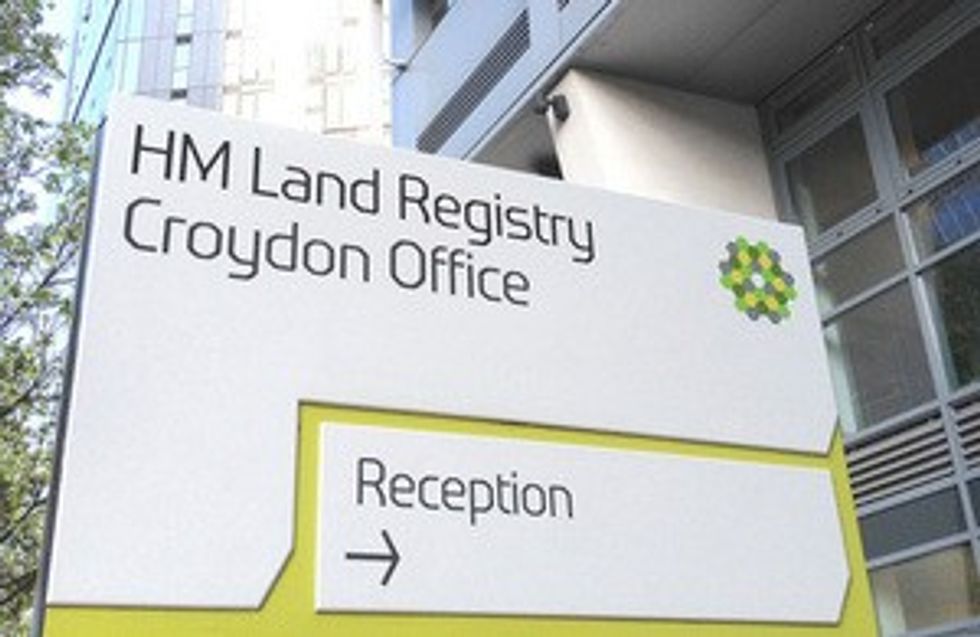Nearly 4,000 HM Land Registry staff are set to begin indefinite strike action from January 21 in protest against mandatory office attendance requirements.
The workers, responsible for registering property ownership in England and Wales, will refuse to cover for colleagues or take on additional work beyond their job descriptions.
The industrial action comes in response to demands that staff return to the office for three days per week, a requirement the Public and Commercial Services (PCS) union has branded as “Victorian”.
The strike will require another vote from workers in six months to continue the action.

Nearly 4,000 HM Land Registry staff are set to begin indefinite strike action from January 21
UK GOVERNMENT
The strike action has raised concerns over potential delays to property transactions, as buyers rush to complete purchases ahead of April’s stamp duty changes.
From April 1, stamp duty rates will increase from three per cent to five per cent, resulting in thousands of pounds in additional tax costs for buyers.
The changes, introduced by Chancellor Rachel Reeves, also include lowering the threshold at which movers start paying the tax from £250,000 to £125,000.
These tax adjustments have created additional pressure on the property market, with buyers seeking to finalise transactions before the new rates take effect.
PCS general secretary Fran Heathcote argued that removing the office attendance requirement would “cost them nothing” and could help clear existing work backlogs.
LATEST DEVELOPMENTS:

The industrial action comes in response to demands that staff return to the office for three days per week (stock pic)
Getty
She suggested the change could “help Land Registry regain some of the goodwill required to make progress in clearing the huge backlogs of work”.
A HM Land Registry spokesman responded by downplaying concerns about service disruption.
“We believe this action will cause minimal impact to our services,” the spokesman said, adding they would “continue to closely monitor any effects” and maintain essential services including searches, registrations and customer contact.
The strike action reflects broader tensions across the civil service over workplace attendance policies, with government targets typically requiring staff to be in offices for 60 per cent of contracted hours.

PCS general secretary Fran Heathcote argued that removing the office attendance requirement would “cost them nothing” and could help clear existing work backlogs (stock pic)
Getty
Similar disputes have emerged elsewhere, with hundreds of Office for National Statistics workers backing strike action over two-day office requirements.
More than 2,400 civilian police workers, including 999 call handlers, voted for industrial action before Christmas over office return mandates.
Scotland Yard has taken a firm stance, threatening to dock pay for police staff who insist on working from home, with Met Commissioner Sir Mark Rowley reportedly refusing to back down.
Meanwhile, some unions are pushing for a four-day week, with Defra union members arguing it would improve farmer support and save £21.4million annually.